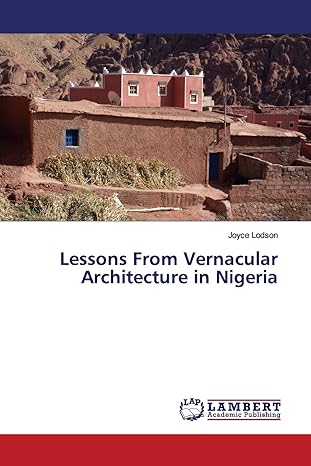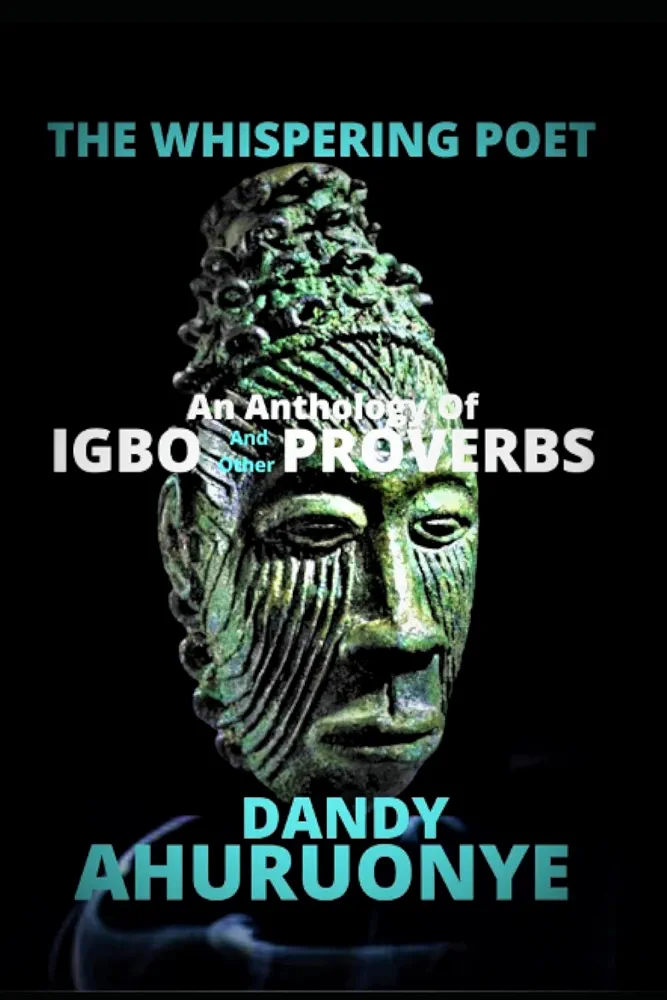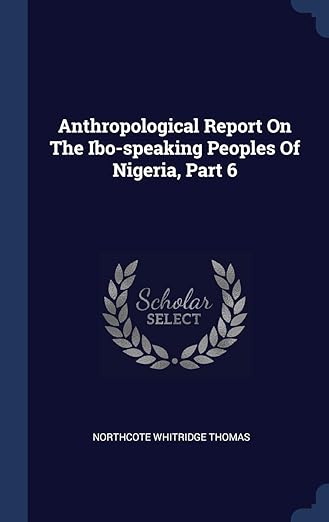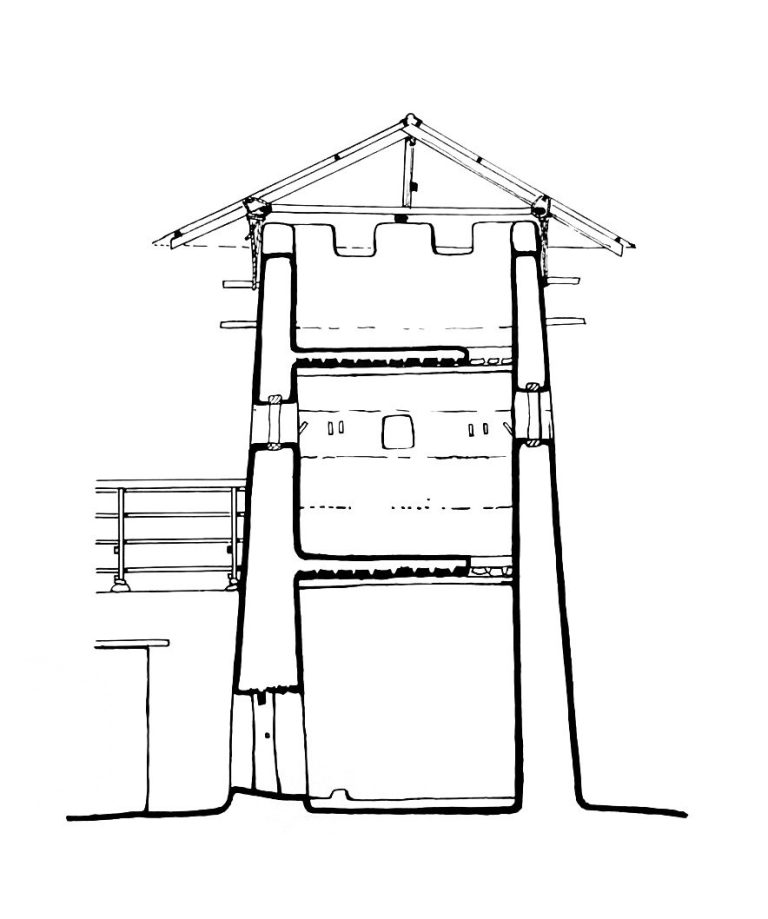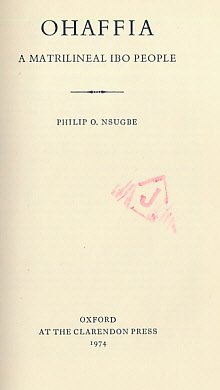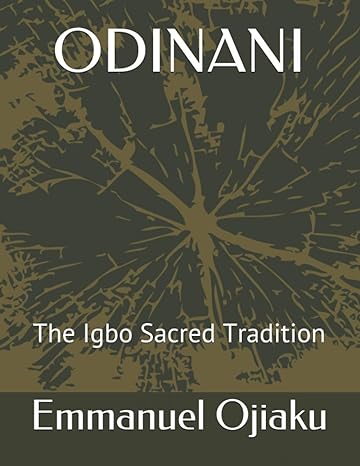Title: Lessons From Vernacular Architecture in Nigeria
Author: Joyce Lodson
Publisher: LAP LAMBERT Academic Publishing
Publication Date: February 15, 2019
Format: Paperback, 56 pages
ISBN-10: 6139450047
ISBN-13: 978-6139450046
Overview
“Lessons From Vernacular Architecture in Nigeria” by Joyce Lodson is a concise exploration of vernacular architecture practiced by two ethnic groups in Nigeria: the Hausas and the Igbos. The book delves into their unique architectural styles, examining the cultural, climatic, and socio-religious influences shaping their building practices. Lodson aims to uncover positive values in traditional Nigerian architecture that can inform and inspire contemporary architectural practices.
Key Points
- Focus on Vernacular Architecture:
The book highlights the importance of vernacular architecture, which refers to traditional, indigenous building practices that evolve based on local needs, materials, and traditions. It underscores the relevance of these practices in contemporary architecture, particularly regarding sustainability and cultural identity. - Comparative Study:
By comparing the architectural approaches of the Hausas and the Igbos, Lodson provides insights into how different contexts influence building styles. For instance, the Hausas, predominantly Muslim, have architectural styles reflecting Islamic influences. In contrast, the Igbos, with their distinct socio-cultural practices, exhibit different architectural characteristics. - Sustainability and Adaptability:
The book emphasizes the sustainable nature of vernacular architecture, highlighting the use of local materials and techniques that are well-suited to the environment. This focus on sustainability is especially relevant in global discussions about environmentally responsible architecture. - Applications for Contemporary Architecture:
Lodson argues that contemporary architects can learn valuable lessons from vernacular architecture. Integrating traditional practices into modern design can create buildings that are culturally resonant and environmentally sustainable. Therefore, the book suggests that such integration can result in more harmonious and contextually appropriate architecture.
Author Background
Joyce Lodson:
Joyce Lodson is an esteemed academic and lecturer in the Architecture department at the Federal Polytechnic, Bauchi, Nigeria. She holds Bachelor’s and Master’s degrees in Architecture from the University of Jos, Nigeria, and Eastern Mediterranean University, TRNC, respectively. With her extensive background in architectural education and practice, Lodson brings a wealth of knowledge to her exploration of vernacular architecture.
Additional Information
Lodson’s work is recognized for its depth and scholarly approach, offering a meticulous analysis of vernacular architecture in Nigeria. The book explores the architectural styles of the Hausa and Igbo people and delves into the underlying principles that make these styles sustainable and adaptable. This scholarly work stands out in the field of architectural studies, particularly for its emphasis on the practical applications of traditional knowledge in modern contexts.
Conclusion
“Lessons From Vernacular Architecture in Nigeria” by Joyce Lodson is a valuable resource for architects, scholars, and anyone interested in sustainable and culturally resonant building practices. Its comparative study of Hausa and Igbo architecture provides insightful lessons that can inform contemporary architectural design. The book’s emphasis on sustainability and adaptability makes it particularly relevant in today’s context, where there is a growing focus on environmentally responsible architecture.
Overall, this book is a significant contribution to understanding how traditional architectural practices can inform and enhance modern architectural solutions. It is a must-read for anyone interested in the intersection of culture, sustainability, and design.
Discover more from Igbo Archives
Subscribe to get the latest posts sent to your email.


